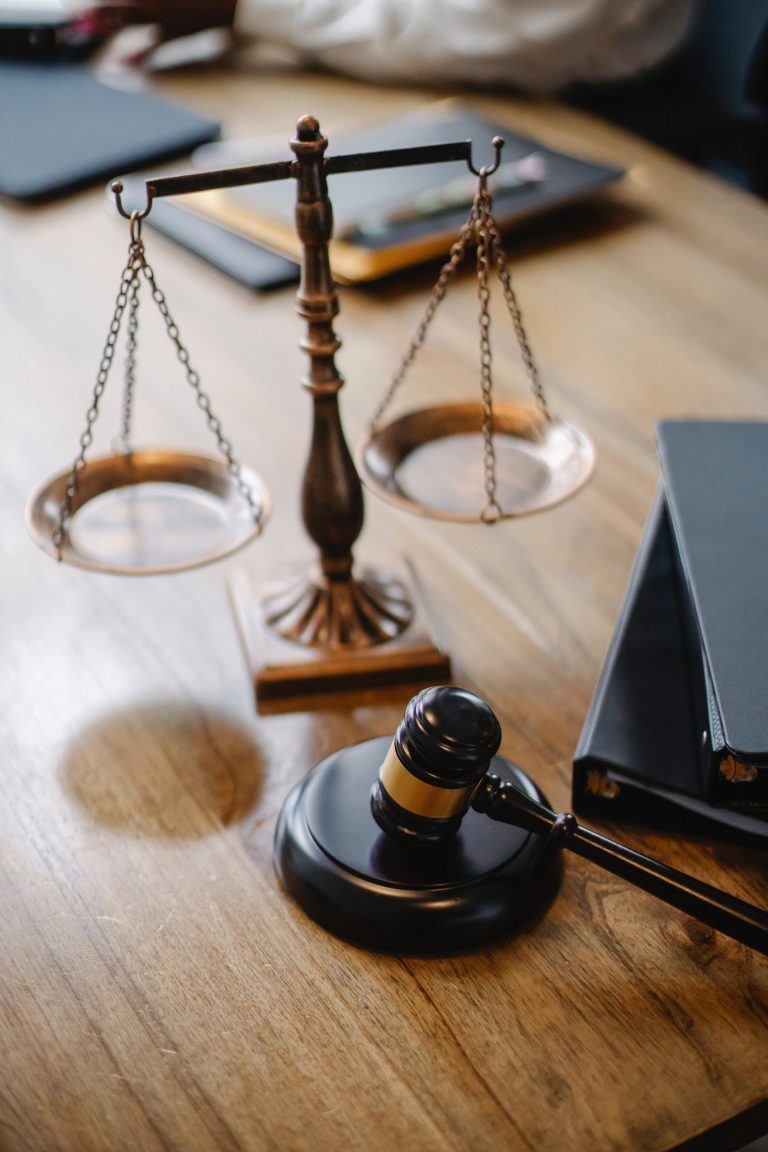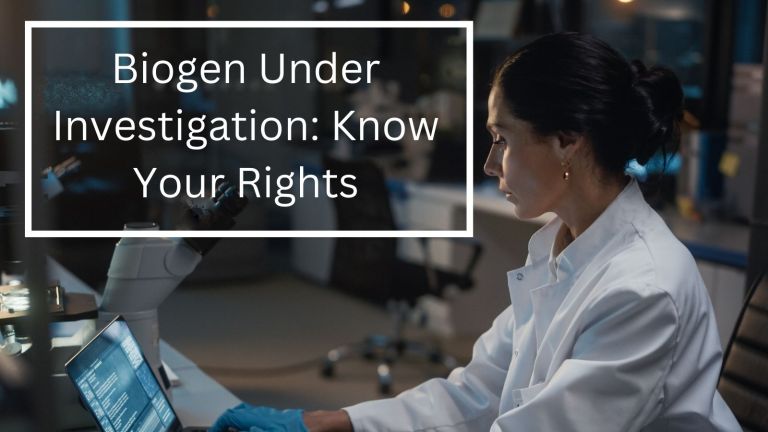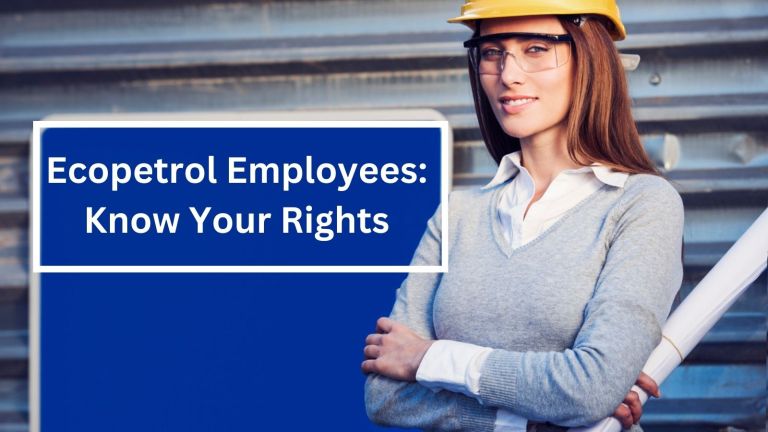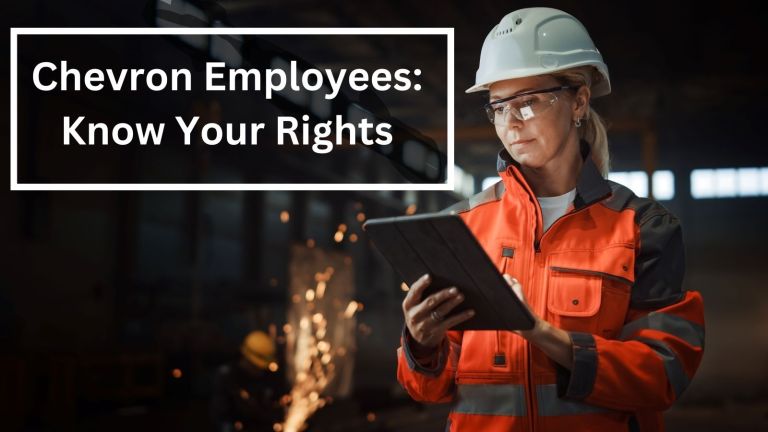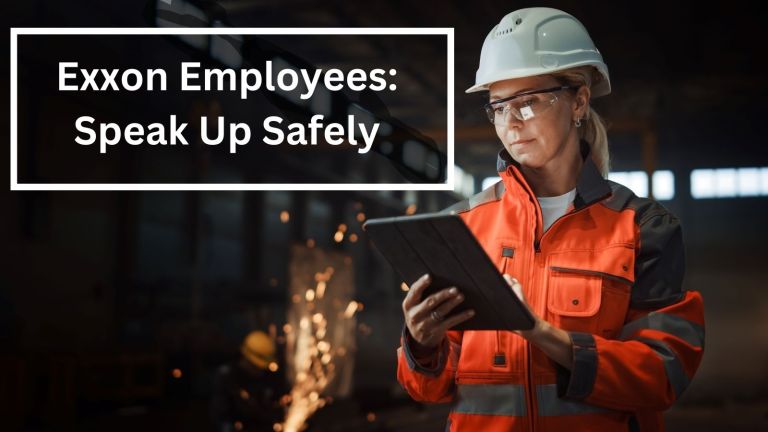Yesterday, Lafarge S.A. pled guilty to a first-of-its-kind charge brought by the U.S. Department of Justice (DOJ) for providing material support to terrorist organizations in Syria. Here’s everything you need to know about the case:
Who is Lafarge?
Lafarge S.A. is a Paris-based company that manufactures building materials such as cement. It is a subsidiary of the Swiss company Holcim Ltd.
What did Lafarge do?
According to court documents filed by the DOJ, in 2013, Lafarge agreed to pay terrorist groups in Syria, including ISIS, almost $6 million dollars in exchange for permission to operate a cement plant there. In addition to paying monthly “donations” to the terrorist groups, Lafarge also entered “revenue sharing” agreements with ISIS so that ISIS would be incentivized to help Lafarge sell more cement. For example, Lafarge asked ISIS (through intermediaries) to make it more difficult for their competitors to do business in the region in order to improve its own sales.
What was Lafarge charged with?
Lafarge was charged with providing material support and resources to foreign terrorist organizations, a crime under 18 U.S.C. section 2339B. This is the first time in history a corporation has been charged under this section.
How much is the fine?
Lafarge agreed to pay financial penalties, including fines and forfeiture of $777.78 million.
Did Lafarge self-report?
No. Lafarge was acquired by Holcim group in 2015 and by that time, Lafarge had ceased operations in Syria. However, the DOJ made clear that neither Lafarge or Holcim self-reported or cooperated fully with the investigation.
Did Lafarge try to conceal the conduct?
Yes. Lafarge and its executives went to great lengths to conceal the payments to ISIS. The DOJ detailed this as follows:
- Lafarge attempted to have ISIS omit the name “Lafarge” on the documents memorializing and implementing their agreements;
- Lafarge executives used personal email addresses, rather than their corporate email addresses, to carry out the scheme;
- Lafarge used intermediaries to negotiate and make payments to the terrorist organizations;
- Lafarge helped the intermediaries issue invoices with false descriptions of services;
- Lafarge structured a revenue-sharing agreement with ISIS whereby Lafarge customers made direct payments to ISIS; and
- Lafarge back-dated documents to falsely suggest that it had not done business with ISIS after the United Nations Security Council had issued a resolution calling on member states to prohibit doing business with ISIS.
Will there be a whistleblower reward associated with this fine?
No. The DOJ does not have a whistleblower rewards program.
Are other regulators investigating Lafarge?
Yes. Lafarge was indicted almost 4 years ago by French regulators for complicity in crimes against humanity in Syria. That case is ongoing.
Will there be more fines or penalties for Lafarge in the U.S.?
From a U.S. regulatory perspective, there is unlikely to be further fines for Lafarge. However, there is still the prospect of civil liability for the company:
- The Anti-Terrorism Act (ATA). The ATA is a U.S. law that allows any U.S. national who has been injured by an act of terrorism to bring suit against anyone providing material support to the terrorist organization. The ATA provides for treble damages and most plaintiffs seek a jury trial, where the families of victims are likely to be sympathetic compared to the multinational corporations who funded terrorism. A large number of claims brought under the ATA claim damages in the billions of dollars, but few have been successful. Given that Lafarge has admitted that it provided support to terrorist organizations, a crucial element of an ATA claim, plaintiffs may bring suit against the company for damages.
- Unfair competition lawsuits. Companies who have won business through corporate crimes can be sued by their competitors for unfair competition and similar business torts. In a recent example, Nokia received a multimillion-dollar settlement from Ericsson based on Ericsson’s breaches of the FCPA. Given that the allegations against Lafarge cite the company’s efforts to get ISIS to take action against their competitors, it is possible that those competitors may be considering lawsuits against Lafarge. While the lack of a U.S. nexus will likely pose a problem for international plaintiffs, there may be similar laws in other jurisdictions (such as France or Switzerland) that could provide an alternate cause of action.
About the Author
John Peterson is the Managing Attorney of FBR, a whistleblower law firm in New York specializing in securities laws, corporate crime and whistleblower awards. John has worked for almost a decade on financial crime, corruption and FCPA cases around the globe. He regularly acts as an expert commentator in business and legal media on corporate crime, whistleblowing and other international corruption issues.









